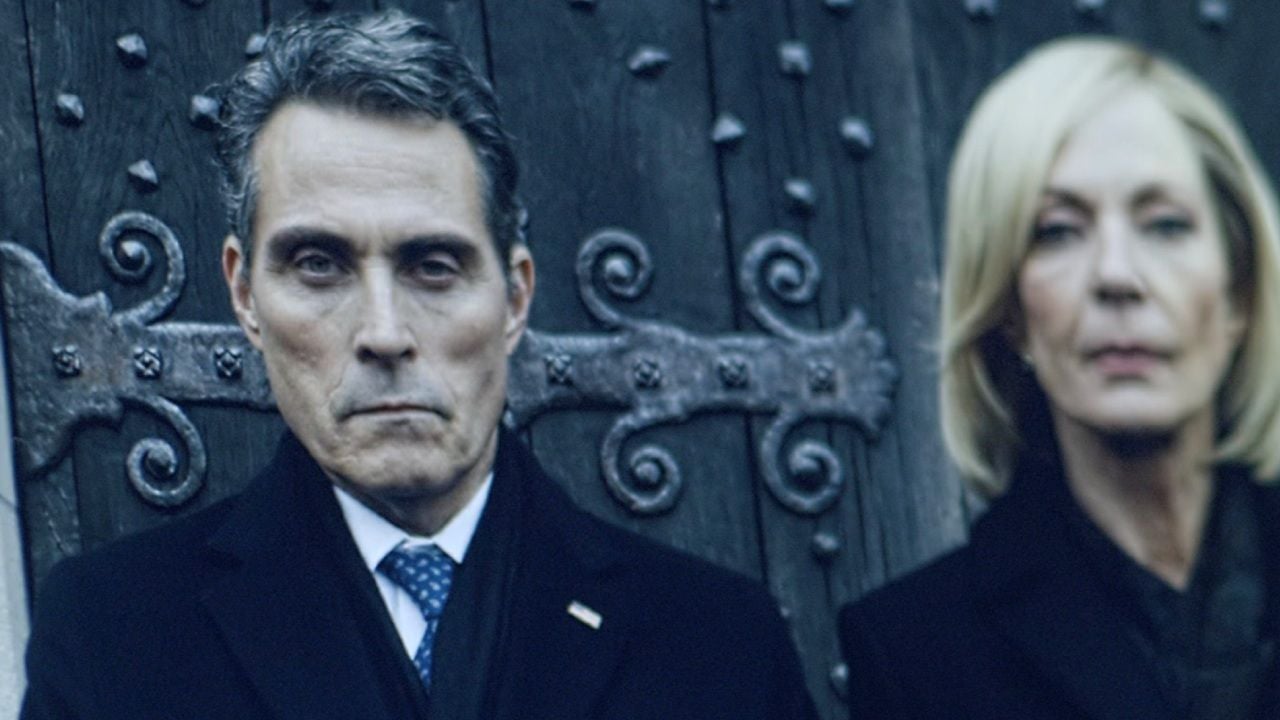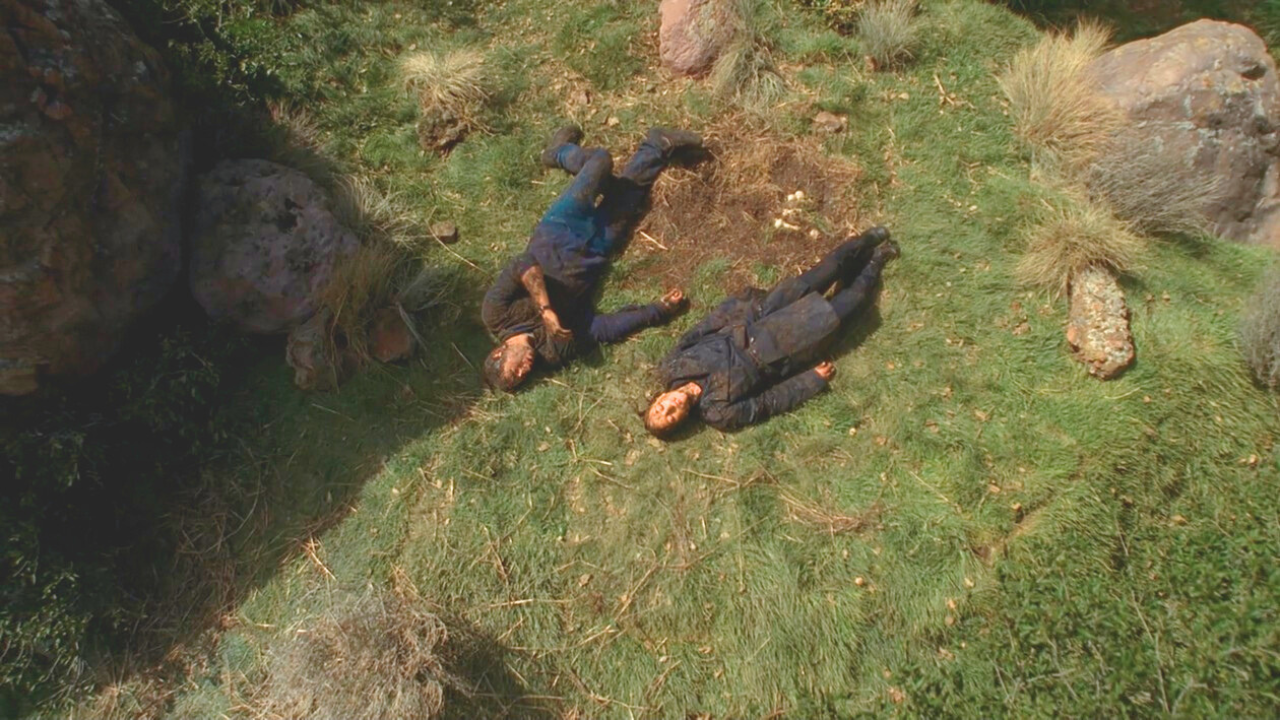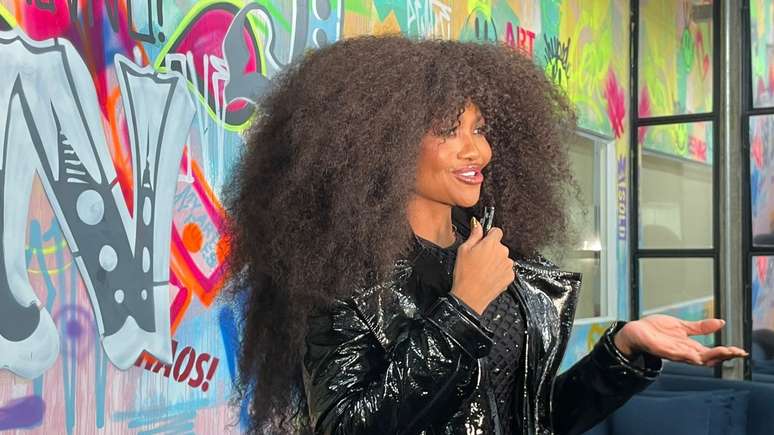Would ChatGPT be able to create a script for a movie? Perhaps, but it could put whoever produces it in serious trouble.
Hollywood Faces has already passed the first week of its writers’ strike, which, apparently, is going on for a long time. Among the issues on the table, in addition to raising wages and improving conditions, is another issue that seems to be a thing of the future but could already be a reality in the near future: the inclusion of artificial intelligence in the industry. Indeed, the Writers Guild of America (WGA), which is the one organizing this strike, fears that studios and platforms will soon start producing scripts developed entirely or partially using artificial intelligencehiring screenwriters only to supervise those projects and thus saving costs.
Faced with this fear, the WGA demands in its negotiations that the use of this tool be regulated: “AI may not write or rewrite literary material, may not be used as source material, and copyrighted material may not be used to train AI“, they argue. With more and more capable tools out there like ChatGPT (well, this would be very nuanced), it is normal for the union to feel this fear and see it possible for this to happen. If only to achieve that headline of “the first film written by an AI” would already cause excitement, but if such an experiment were to go well, the consequences for the writers, and for art in general, could be dire.
This is a fantastic thread about AI. And it doesn’t even touch on a major reason for its lack of utility for studios. Lawsuits. Or even scarier for studios: discovery during a lawsuit. https://t.co/RKPOgmPV82
—Robert King (@RKing618) May 3, 2023
However, Robert King, screenwriter and creator of series such as ‘The Good Wife’, ‘The Good Fight’ and ‘Evil’, contributed the other day on Twitter one of the keys why this temptation to use AI for writing scripting can be very expensive for studios: “This is a fantastic thread on AI. And it doesn’t even mention one of the main reasons for its lack of usefulness for studies. demands. Or even scarier for studios: discovering it during a lawsuit.” He means that the creation of an AI is not original, but a contribution made with scraps of previous work and, therefore, could easily incur copyright infringements The thread that King quotes, explains it better.
“AI is not artificial intelligence. It is an aggregator that uses statistical analysis and pattern recognition to identify elements of a photo, piece of writing, or whatever task it is being used for. Everything produced by what they call “AI” is just a collage. Oh, it’s a very complex and complicated collage, but a collage nonetheless,” explains @Nash076, “There’s nothing original about it. What is produced is just a series of rehashes and, furthermore, the system DOES NOT UNDERSTAND what it spits out.”
Everything produced by what they call “AI” is just a collage. Oh, it’s a very complex and complicated collage, but a collage none the less.
There’s nothing original. What’s produced is just a series of rehashes and further the system doesn’t UNDERSTAND what it spits out.
— A Nash By Any Other Name Would Still Be a Bot (@Nash076) May 3, 2023
That is, if you feed an AI with a bunch of spy movie and series scripts, the AI might be able to manage to cut and paste several and generate a “new” spy story (which, on the other hand, that sounds like ‘Citadel’), but she will never come up with an original story or come up with an idea that didn’t appear before in one of those scripts she was trained with. Therefore, what AI offers will always be plagiarism and that is why Robert King points out the importance of lawsuits in this matter: it is not only that an AI script can be considered plagiarism, but also that whoever receives the AI material does not know exactly who the little machine has plagiarized (hence which refers to “discovering it during a lawsuit”).
“ChatGPT analyzes the jobs and, as a pattern recognition, tags when a particular sentence or phrase is used, what precedes it, what follows it, and from those percentages decides what goes where. That’s it. No insight. No issues. Just laymen,” the thread says. On this subject, Leigh Brecheen, a lawyer for the entertainment industry, considers that it is “both a minefield and a new frontier.” Asked by the medium Decryptcomments: “The legal system is not designed with AI in mind. For example, You cannot copyright a work that is not written by a human. This raises many questions about how valuable intellectual property can be protected and when the threshold of human creation versus AI is crossed.” There is certainly a lot of ground to be explored.
So, the big question is to what extent the studios want to get into such a mess and if there is a real danger that the writers will lose their job, even partially. Do androids dream of electric movies?
Source: Fotogramas
Rose James is a Gossipify movie and series reviewer known for her in-depth analysis and unique perspective on the latest releases. With a background in film studies, she provides engaging and informative reviews, and keeps readers up to date with industry trends and emerging talents.






